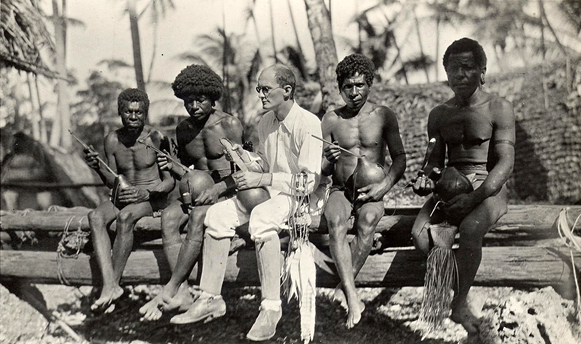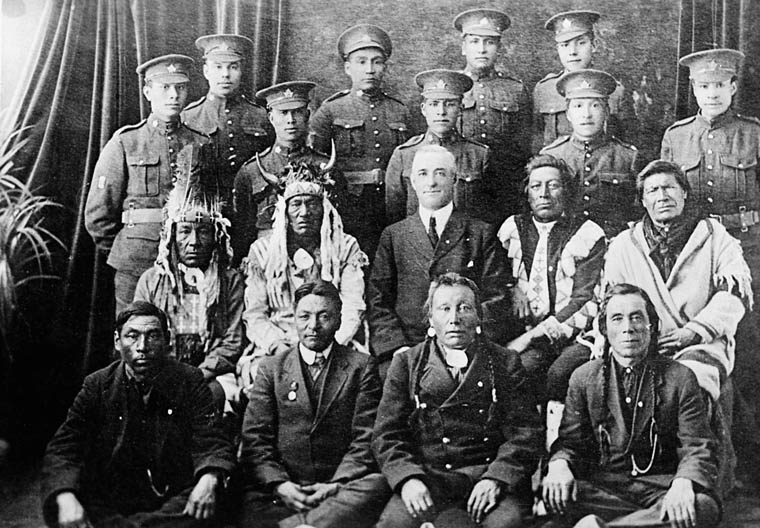SOCI221 – Sociology of Cyberspace
Meeting 11: November 24, 2014
Cultural Contexts to Posthumanism
Posthumanism

Self portrait for LinkedIN profile picture. SteveMann with EyeTap, by Glogger (CC-BY-SA–3.0))
Last Week
Cultural Contexts
Activity: Online Interview
- How easy was it to find an interviewee?
- How did you prepare?
- How did you conduct the interview?
- What kind of insight did you gain?
- Would a face-to-face interview be preferable?
Required Texts
Horst, Heather “Free, Social, and Inclusive: Appropriation and Resistance of New Media Technologies in Brazil.” International Journal of Communication 5 (2011): 437–462.
Kelty, Christopher. “Geeks, Social Imaginaries, and Recursive Publics.” Cultural Anthropology 20, no. 2 (May 2005): 185–214. doi:10.1525/can.2005.20.2.185.
Horst
Horst, Heather “Free, Social, and Inclusive: Appropriation and Resistance of New Media Technologies in Brazil.” International Journal of Communication 5 (2011): 437–462.
- Unexpected uses
- Networked sociality
- Similar experiences?
- Different Internets?
Kelty
Kelty, Christopher. “Geeks, Social Imaginaries, and Recursive Publics.” Cultural Anthropology 20, no. 2 (May 2005): 185–214. doi:10.1525/can.2005.20.2.185.
- (Re)constructing the Internet (links to Leiner et al.)
- Science and technology studies
- Technology and law (copyright…)
- Dense network of influential people
- Transhumanism
Next Monday
Activity: Project Plan
- Based on your experience with an online group (field entry, interview), what type of research could you do in this context?
- What type of insight would you try to gain?
- Which methods would you use?
- How would you explain your project to others?
Required Texts
Chapters 1–2 in Human No More: Digital Subjectivities, Un-Human Subjects, and the End of Anthropology, edited by Neil L. Whitehead and Michael Wesch. Boulder, CO: University Press of Colorado, 2012. doi:10.5876/9781607321705
Cool, Jennifer. “The Mutual Co-Construction of Online and Onground in Cyborganic: Making an Ethnography of Networked Social Media Speak to Challenges of the Posthuman.”
Tufekci, Zeynep. “We Were Always Human.”
Cool
Cool, Jennifer. “The Mutual Co-Construction of Online and Onground in Cyborganic: Making an Ethnography of Networked Social Media Speak to Challenges of the Posthuman” in Human No More: Digital Subjectivities, Un-Human Subjects, and the End of Anthropology, edited by Neil L. Whitehead and Michael Wesch, 11–32. Boulder, CO: University Press of Colorado, 2012. doi:10.5876/9781607321705
- Post-/Transhumanists
- Cyborganic ethnography
- Liberal subject
- Who decides?
Tufekci
Tufekci, Zeynep. “We Were Always Human” in Human No More: Digital Subjectivities, Un-Human Subjects, and the End of Anthropology, edited by Neil L. Whitehead and Michael Wesch, 33–47. Boulder, CO: University Press of Colorado, 2012. doi:10.5876/9781607321705
- Technology and society
- Facebook ethnography and surveys
- Responding to media
- Embodiment
- Cyberasociality
Ethnography
Descriptive approach to cultural diversity. – Alex
- Fieldwork
- Establishing rapport
- Insider and outsider
- Participant-observation
- Cultural translation (making exotic familiar and familiar exotic)
Surveillance Society
- Panopticon
- Surveillance & Society, Foucault Issue http://lar.me/2zj
- Sousveillance
- Surveillance, sousveillance and PRISM – an op-ed for Die Zeit | … My heart’s in Accra http://lar.me/2zk
- Internet Bill of Rights
- Let’s Write a Digital Bill of Rights http://lar.me/2zl






